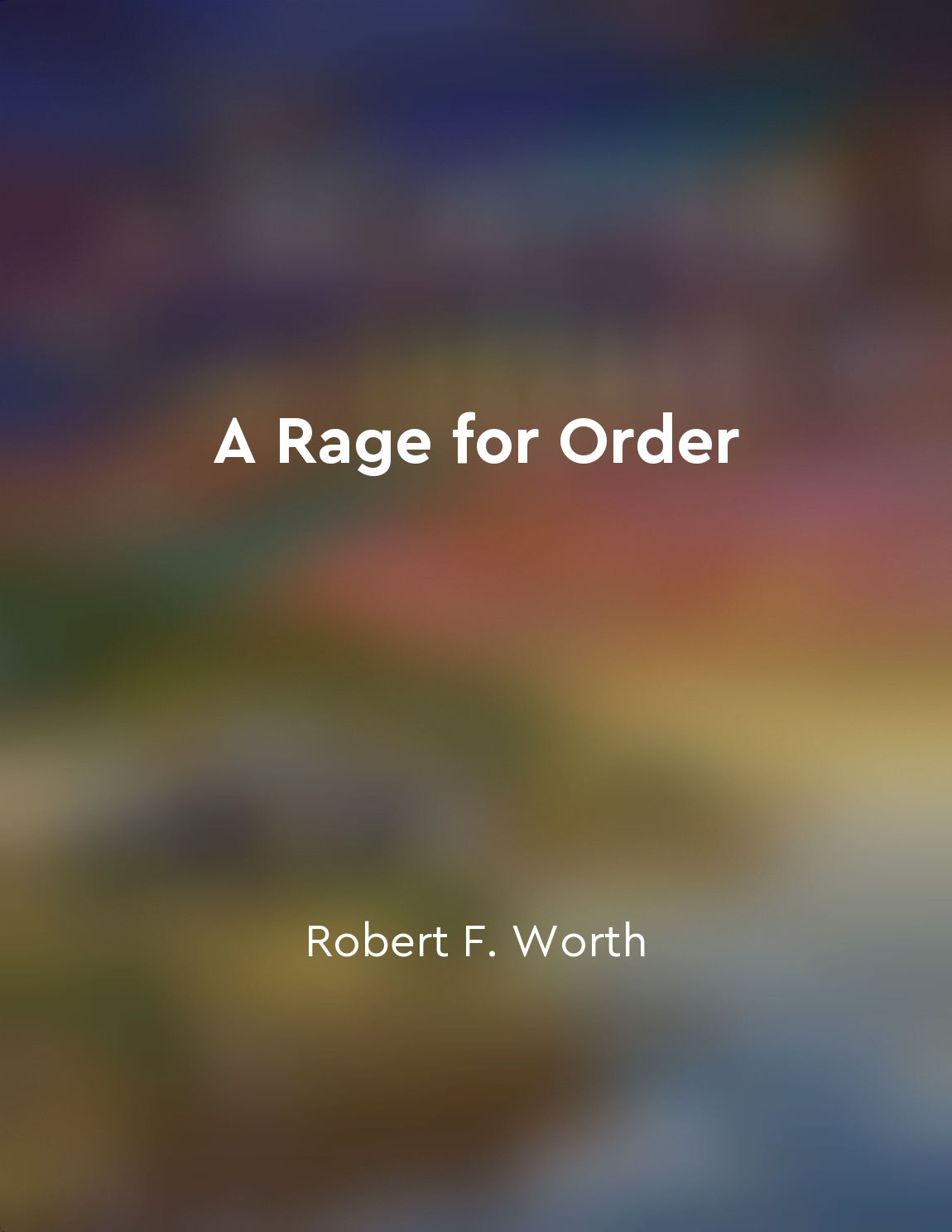The rise of dictatorships is a threat to democracy and freedom from "summary" of The Origins of Totalitarianism by Hannah Arendt
Dictatorships, arising in the wake of societal unrest and political instability, represent a fundamental threat to the principles of democracy and freedom. The consolidation of power in the hands of a single individual or party undermines the very foundations of democratic governance, where power is meant to be distributed among various branches and institutions. In a dictatorship, the rule of law is often replaced by the rule of the dictator, who can arbitrarily impose their will without regard for constitutional constraints or institutional checks and balances. Moreover, dictatorships tend to suppress dissent and opposition, leading to a climate of fear and intimidation that stifles free expression and political participation. Citizens are often coerced into compliance through propaganda, censorship, and repression, eroding the space for public debate and civic engagement. In such a climate, the democratic values of pluralism, tolerance, and respect for human rights are systematically undermined, as the dictatorship seeks to maintain control through manipulation and coercion. Furthermore, dictatorships often rely on a cult of personality around the leader, promoting a myth of infallibility and omnipotence that discourages critical thinking and independent judgment. By exalting the leader as a savior or messianic figure, dictatorships seek to legitimize their rule and suppress any challenges to their authority. This cult of personality can be used to justify the most egregious violations of human rights and the rule of law, as the leader is portrayed as above reproach and beyond accountability.- The rise of dictatorships poses a grave threat to democracy and freedom, as it subverts the principles of constitutional government, pluralism, and civic engagement. By concentrating power in the hands of a single individual or party, dictatorships undermine the very essence of democracy, which is based on the idea of popular sovereignty and the protection of individual rights. The erosion of democratic norms and institutions under dictatorship can have far-reaching consequences for the future of a society, as it sets a dangerous precedent for the abuse of power and the erosion of basic freedoms.
Similar Posts
The concentration of power in the state leads to the subjugation of individuals
The rise of totalitarian regimes is characterized by the centralization of power within the state, leading to the suppression a...
The erosion of civil liberties diminishes the rights of individuals
The erosion of civil liberties is a dangerous trend that threatens the rights of individuals in society. When civil liberties a...
The heroism of resistance is a form of rebellion
The act of resistance, the act of defiance against an oppressive regime, is a powerful form of rebellion. It is a declaration o...
The assault on reason can be countered through education and awareness
In an era where reason and rational discourse seem to be under constant attack, the importance of education and awareness canno...
Disobedience is a revolutionary act
The idea that disobedience can be a revolutionary act is a provocative one, challenging the status quo and the very foundations...

The government uses technology to monitor and control its citizens
In Oceania, the ruling Party maintains a tight grip on its citizens through the constant surveillance and monitoring made possi...

Imagined orders bind societies together
One of the most intriguing aspects of human societies is the power of imagined orders. These are the shared beliefs and norms t...

Human rights violations went unchecked
Throughout the pages of "A Rage for Order," a stark reality emerges: the unchecked violations of human rights in the Arab world...

